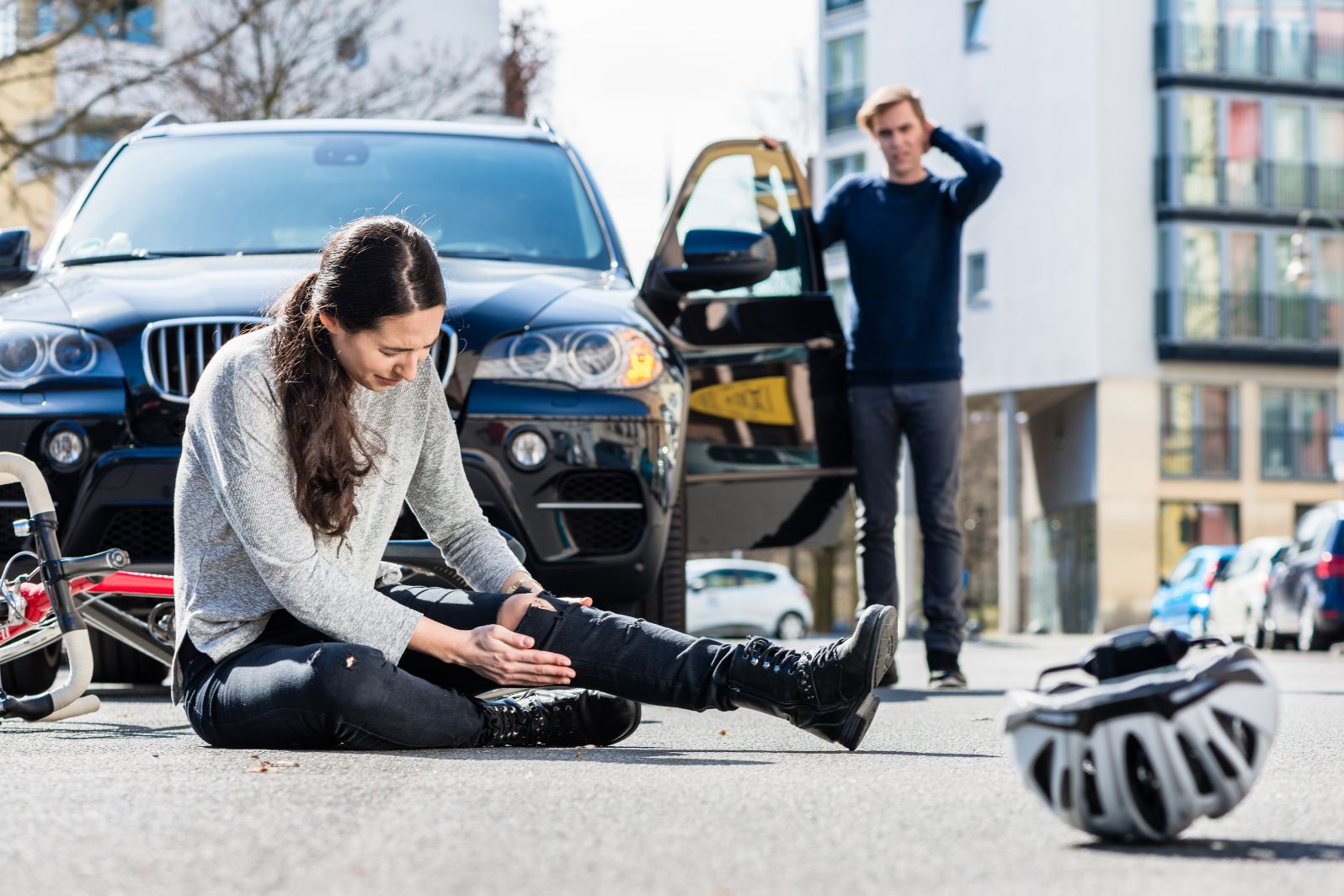Car accidents are traumatic events. They can have lasting impacts on those involved. This is true not just mentally but physically, too.
Among the most common injuries sustained in such incidents are those to the legs. Leg injuries have immediate and visible effects.
They are often acute. But, the long-term effects can be subtle, complex, and life-changing.
Read on to learn the long-term effects of leg injuries from car accidents.
Table of Contents
Broken Bones
Leg injuries from car accidents can result in broken bones, also known as fractures. These can be minor hairline cracks.
The severe ones need surgery and lots of rehab. Injuries from car accidents can cause long-term effects. These include chronic pain, limited mobility, and less range of motion in the affected area.
MSK Doctors can help with the recovery process and provide treatment options to help alleviate pain and improve mobility. They may also suggest physical therapy. These changes will promote healing and prevent complications.
Muscle and Tendon Damage
Leg injuries from car accidents can also cause damage to muscles and tendons in the legs. This can result in strains, sprains, and tears that may not heal, leading to long-term issues such as chronic pain and stiffness.
Surgery may be required to repair the affected area in cases of severe muscle or tendon damage. It can also aid recovery and prevent future injuries. It does this by strengthening nearby muscles.
Injuries to muscles and tendons from a car accident can cause long-term mobility impairment. They can make it hard to do daily activities.
Nerve Damage
Car accidents can also cause nerve damage in the legs, which can have long-lasting effects. This type of injury can result in numbness, tingling, weakness, or paralysis in the affected leg. In severe cases, it may even affect the entire lower body, making walking difficult or impossible.
Nerve damage can be treated through various methods, such as medication, physical therapy, and surgery. Often, these will be administered at a peripheral neuropathy clinic that has experts with specialized knowledge to restore as much function as they can. However, the recovery process may be slow and not fully restore the affected nerve’s function. Leg injuries from car accidents that result in nerve damage can have a significant impact on an individual’s daily life and ability to perform specific tasks.
Psychological Effects
Aside from physical injuries, car accidents can also cause psychological trauma. This can include anxiety and depression. These effects may not be immediately apparent but can manifest over time and have long-term consequences.
Leg injuries from car accidents can also lead to fear and avoidance of driving or even being a passenger in a vehicle, which can severely impact an individual’s quality of life. Seeking therapy or support groups can help individuals cope with the mental effects of car accidents. They can also help individuals heal.
A leg trauma specialist may also be able to provide guidance and support. They can help manage the long-term psychological impacts of a car accident.
Joint Dislocation and Ligament Tears
High-impact accidents can lead to joint dislocation or severe leg ligament tears. These injuries can have significant long-term consequences.
Joints can dislocate, especially the knee or hip. This requires immediate medical help and often surgery. The surgery realigns the joint to ensure proper healing.
Ligament tears, like ACL tears, are common in car accidents. They can affect a person’s mobility and quality of life.
Car accidents can cause lower limb injuries. These injuries injure joints or tear ligaments.
Arthritis and Post-Traumatic Stress Disorder (PTSD)
Leg injuries from car accidents may also increase the risk of developing post-traumatic arthritis. It is a type of arthritis that happens after physical trauma to a joint. Symptoms include joint pain, stiffness, and swelling.
They can degrade life quality and complicate daily routines. Arthritis can develop years after the accident, making it a dire long-term consequence of leg injuries.
Also, a car accident’s mental impact goes beyond anxiety. It can cause PTSD. PTSD can cause flashbacks and severe anxiety.
The person may have uncontrollable thoughts about the accident. They may even avoid situations that remind them of the trauma.
Victims must seek psychological support alongside physical therapy to address these issues comprehensively. Using both physical and psychological treatments can improve recovery.
Vascular Damage
Another key but often overlooked long-term effect of car accidents is leg injuries. They can cause vascular damage. This can range from minor bruising to severe conditions such as deep vein thrombosis (DVT).
Symptoms might not appear right away. But they can lead to serious problems. These include pain, swelling, and, in severe cases, pulmonary embolism.
People need a thorough medical exam after an accident. It finds and treats vascular injuries early.
Soft Tissue Scarring and Contractures
Leg injuries from car accidents can also lead to the development of soft tissue scarring and contractures. Scars in muscle and other soft tissues can limit movement. They can cause stiffness and pain and affect walking and mobility.
Contractures are severe forms of scarring. They can permanently limit the motion and flexibility of joints.
People often need rehabilitation. It includes physical therapy and surgery.
They need it to treat these conditions and improve outcomes. This shows the need for quick, thorough medical care after a car accident. It will prevent long-term harm.
Impact on Mental Well-Being and Lifestyle
The long-term effects of leg injuries are not solely physical. Patients often experience big changes in their lifestyle. This includes limits on activities like sports and exercise that they once enjoyed.
This drop in activity can cause secondary health issues. These include weight gain, heart problems, and lower mental well-being.
The psychological toll of adjusting to a new lifestyle and possibly decreased independence can exacerbate feelings of depression and anxiety, underlining the importance of psychological support in the recovery process.
Chronic Pain Syndromes
One of the often-overlooked long-term effects of leg injuries sustained in car accidents is the development of chronic pain syndromes such as Complex Regional Pain Syndrome (CRPS). CRPS is characterized by severe, persistent pain that may be disproportionate to the initial injury.
It can lead to sensitivity to touch or temperature changes, swelling, and changes in skin color. Managing chronic pain syndromes involves a multidisciplinary approach, including medication, physical therapy, and possibly psychological counseling to help manage the pain and improve function.
Navigating the Effect of Leg Injuries From Car Accidents
Leg injuries from car accidents can have far-reaching and long-lasting effects on an individual’s physical and mental well-being. Seeking prompt and comprehensive medical attention is crucial in managing such injuries’ immediate and potential long-term consequences. Following through with recommended treatments and lifestyle changes is essential to promote healing and prevent further complications.
Visit our website for more like this.



